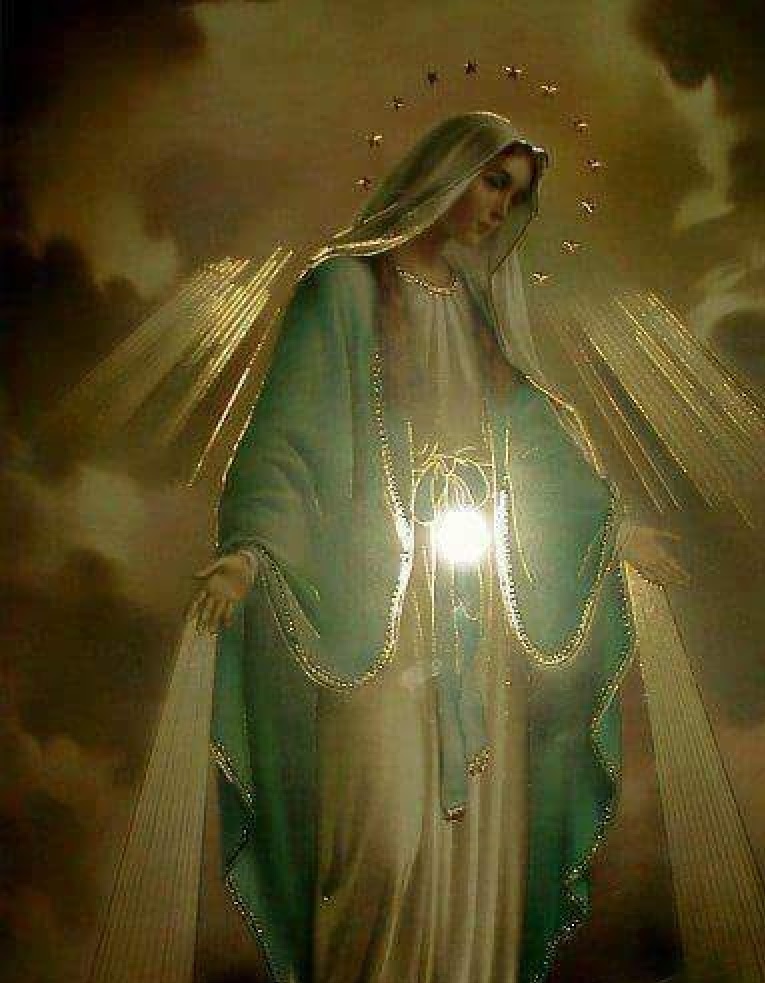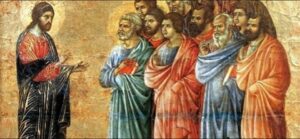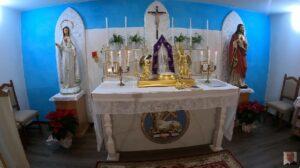
DALL’OMELIA DI DON ENRICO RONCAGLIA (*)
Rom 13:8-10
Fratelli: Amerai il tuo prossimo come te stesso. L’amore del prossimo non fa alcun male. Dunque l’amore è il compimento della legge
Matt 8:23-27
Allora, alzatosi, comandò ai venti e al mare, e si fece gran bonaccia.
Abbiamo riascoltato le letture di domenica scorsa. Ma meditantole impariamo qualcosa di nuovo.
Gesu’ chiede: uomini di poca fede perche avete paura?
Nella prima lettura: l’amore vicendevole, l’agape, e’ il primo adempimento della Legge. Ogni altro comportamento e’ secondario.
Oggi ricordiamo anche il vescovo San Biagio martire, famoso per i suoi miracoli. Il piu’ famoso e’ quello di aver salvato un bambino con una lisca di pesce in gola. E’ quindi il santo che guarisce i malati di gola e degli altri mali. Al termine della messa vi sara’ una benedizione ai malati, usando le candele della candelora.
Sia lodato Gesu’ Cristo! Sempre sia lodato!
__________________
(*) Questo commento e’ scritto in tempo reale durante l’omelia. Mi scuso per l’eventuale misinterpretazione delle parole di Don Enrico.
FROM THE HOMILY BY DON ENRICO RONCAGLIA (**)
Rom 13: 8-10
Brothers: You will love your neighbor as yourself. Love of neighbor does no harm. Therefore love is the fulfillment of the law
Matt 8: 23-27
Then he got up and commanded the winds and the sea, and there was a great calm.
We listened to the readings from last Sunday. But pondering them we learn something new.
Jesus asks: men of little faith why are you afraid?
In the first reading: mutual love, agape, is the first fulfillment of the Law.
Any other behavior is secondary.
Today we also remember the bishop San Biagio martyr, famous for his miracles.
The most famous is that of having saved a child with a fish bone in his throat. It is therefore the saint who heals sore throats and other ills.
At the end of the mass there will be a blessing to the sick, using candlestick candles.
Praised be Jesus Christ! Always be praised!
__________________
(*) This comment is written in real time during the homily. I apologize for any misinterpretation of Don Enrico’s words

